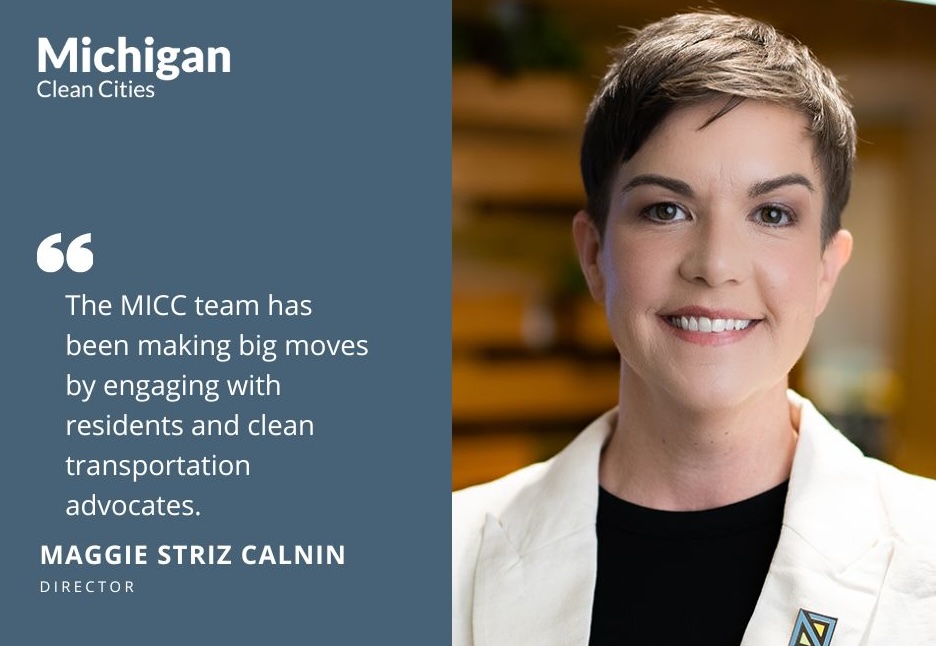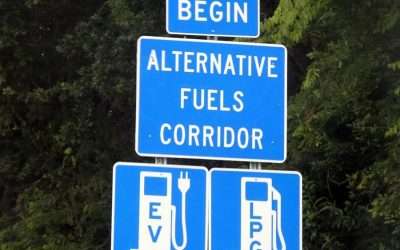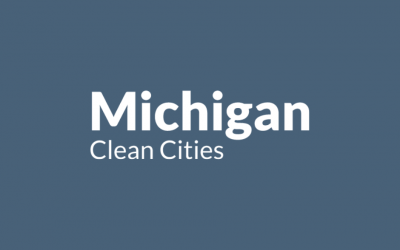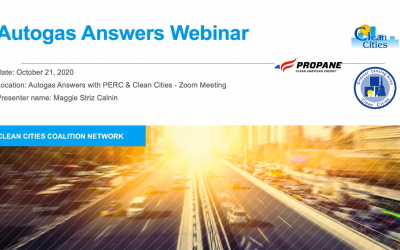What Does the November Election Mean for Our Work?
2025 brings uncertainty for federal programs with changes in the power dynamic in Congress and the White House. A shift in the power dynamic in the Michigan House of Representatives leaves questions open on whether state programs supportive of clean transportation will see changes. Michigan Clean Cities is a non-profit organization that relies on federal funding for many of our programs. In fact, our organization was founded as part of a federal initiative – the U.S. Department of Energy’s Clean Cities and Communities Partnership, which has brought key technical assistance and funding to our service area for over twenty years. That said, as an independent organization, changing federal or state elected leaders does not define the work we do. MICC’s members and stakeholders can have confidence in our clear strategy to grow clean, sustainable, equitable transportation.
Systemic change is a long game. The outcome of our collective work is a positive change to the transportation system on energy, environmental, and economic security. For over twenty years, MICC’s fuel-and-technology neutral approach has helped fleets, residents, and transportation planners understand if, how, and when to adopt ‘alternative’ fuels, vehicles, and other modes. MICC projects have been responsive to priorities for environmental justice all along. Over the past four years, dedicated, intentional efforts– supported by the Justice40 Initiative – have grown our organization’s ability to center equity in our work. This will not change – it is core to our mission.
MICC coalition members and stakeholders know that energy, environmental, and economic security are not partisan issues. Communities across Michigan agree on the priorities of energy independence, environmental and human health, and economic health. What we do – spur clean, sustainable, equitable transportation solutions is responsive to these priorities. What has been the ‘alternative’ as compared to petroleum is becoming more mainstream, yet – programs and incentives from federal and state agencies are still critical at this moment for sustained growth. That said – market demand is growing as companies that operate vehicles and vessels globally remain serious about reducing emissions and reliance on non-renewable fuels. Fleet operators and households in Michigan remain serious about adopting the best-fit solutions that – in so many instances – include electric and alternative modes. MICC’s team sends our final newsletter of 2024, acknowledging the anxiety many are experiencing and inviting collaboration that doubles down on our organization’s seriousness about meeting the mission. I invite you to do one thing this holiday season that will make your transportation choices clean, sustainable, and equitable. Check out our website for ideas on how to live the mission – like joining the EV carshare or playing around with fueleconomy.com calculators to save money and fuel.
—
Maggie Striz Calnin
Director, Michigan Clean Cities (MICC)




